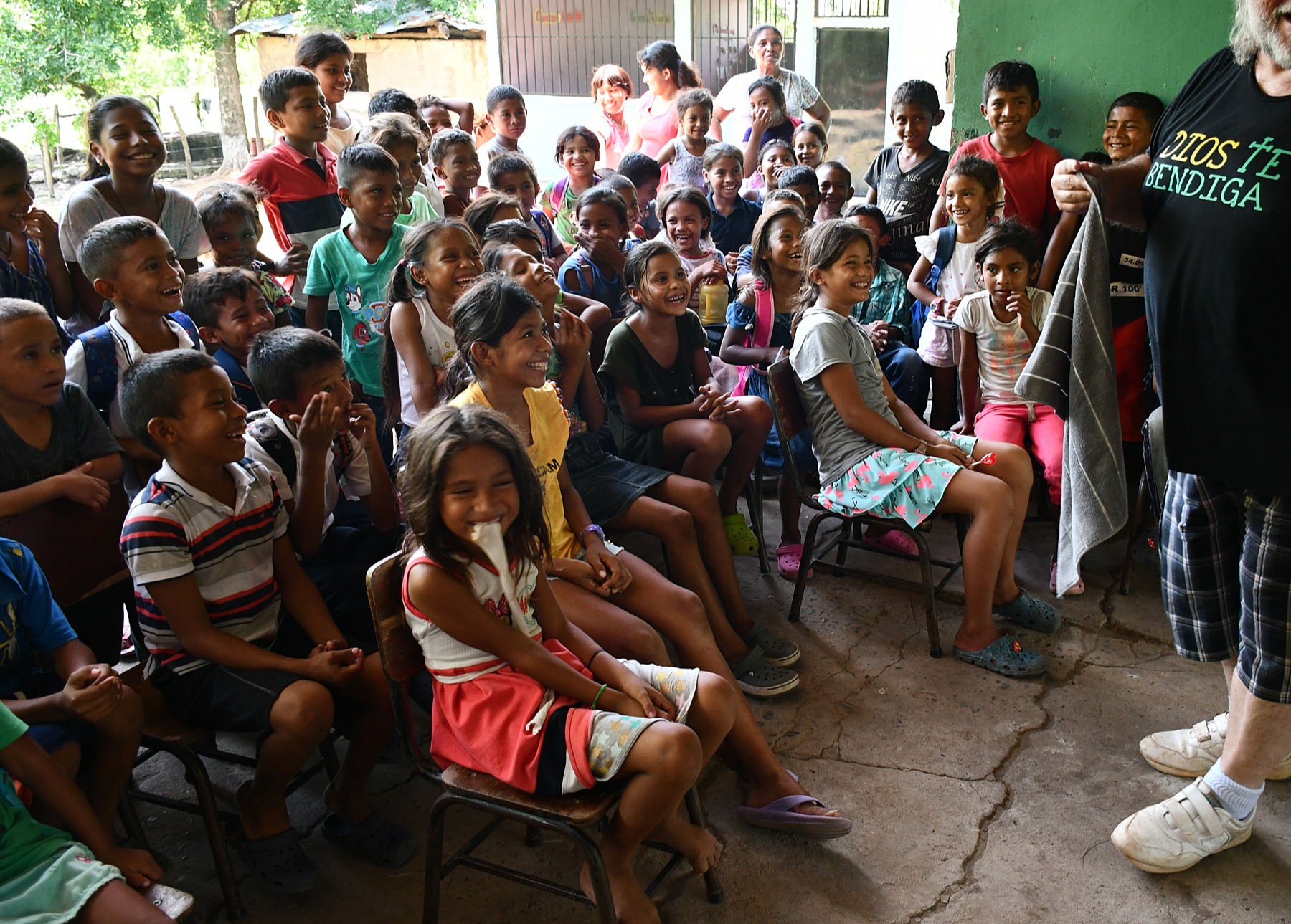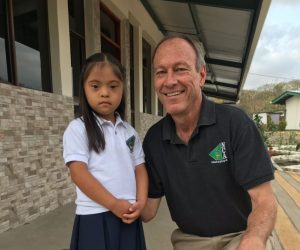
Two Very Different Paths
The girls took two very different paths. Years ago, during a visit to a rural village in Belize, MVI missionary Elizabeth Ayala noticed two 15-year-old girls, Carmen and María, (not their real names), sitting under a tree. She approached them to chat and learn more about them, intrigued that they were not in school.



